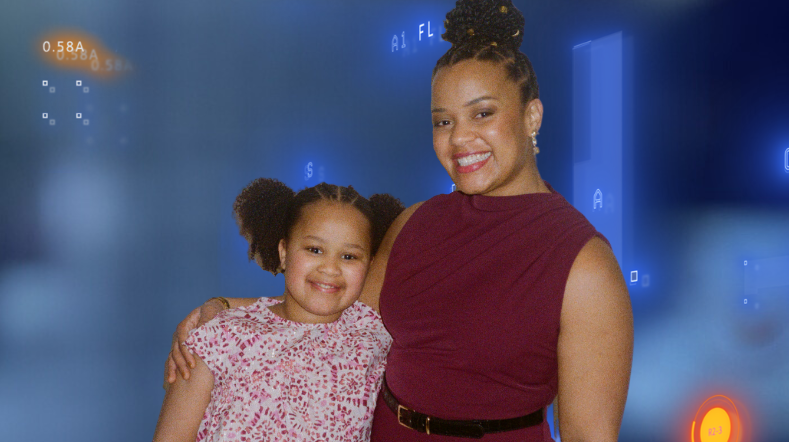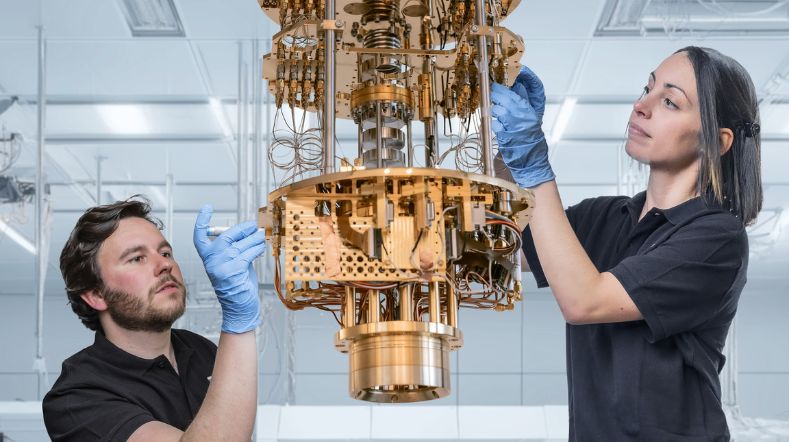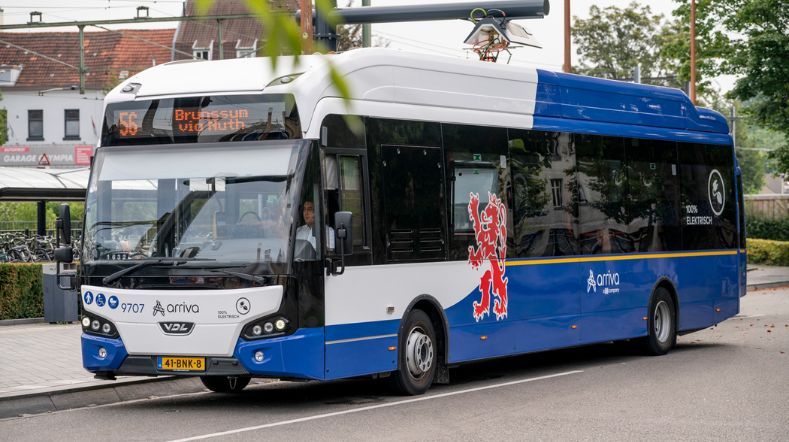
Innovation with AI
Mature, ‘educated’ AI is expected to have a tremendous impact on society, similar to the advent of the Internet, if not greater. This will also impact on TNO’s core business of technological innovation. In ten years’ time, AI will beat humans in data-driven diagnosis, predictions, and combinations of existing knowledge, arriving at higher-quality solutions more rapidly and effectively. Think of solutions to achieve a more sustainable, healthier, and safer society. But AI-driven business innovations are also expected to increase Europe’s current GDP by 10% by 2030.
What does that world look like in concrete terms? Using numerous examples, TNO has created a prognosis for the future in Chapter 2 of the vision paper ‘Towards Digital Life, A vision of AI in 2032.’ (pdf) Regarding construction, for example, in which AI will be used to check the quality, safety, and energy efficiency of buildings before they are actually built. Or healthcare, where robots will partly take over caregivers’ tasks and AI will be able to autonomously develop medicines.
‘It is the interplay between humans and technology that drives us forward.’
Download vision paper
Download vision paper ‘Towards Digital Life: A vision of AI in 2032’
More about 'Towards Digital Life: A vision of AI in 2032'
- David Deutsch on the development and application of AI
- Georgette Fijneman on the promise of AI for health insurers
- Rob de Wijk on the rise of AI in geopolitical context
- Bram Schot on the impact of AI on mobility
- Eppo Bruins on AI in different government domains
- Bas Haring on AI, science and philosophy
- Arnon Grunberg on AI, creativity and morality
Get inspired
Unlock System Transitions

Time setter story: Janice Odijk on objective recruitment


Thermoplastic composites


TNO expands quantum information technology testing capabilities to support startups


Health of electric bus batteries now measurable on-site via charger

